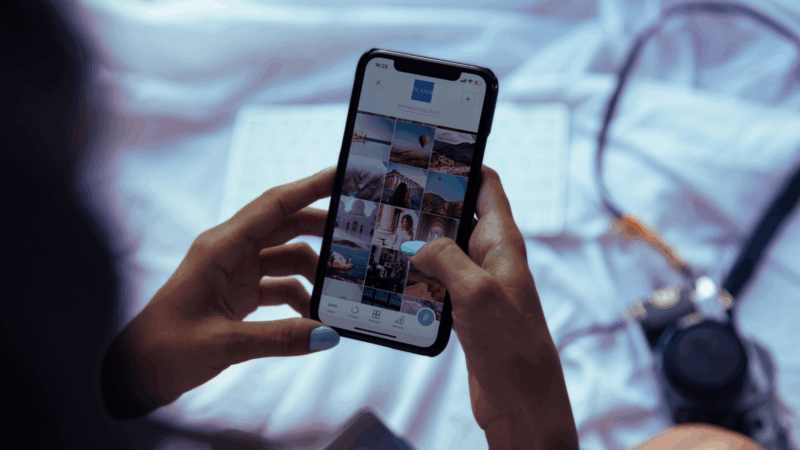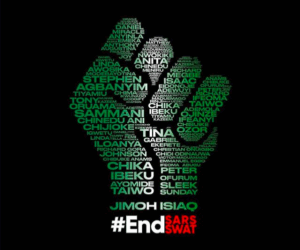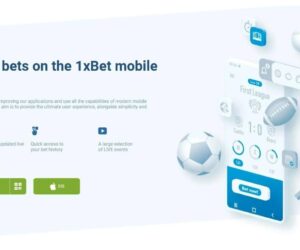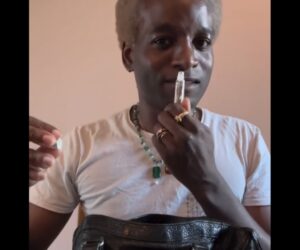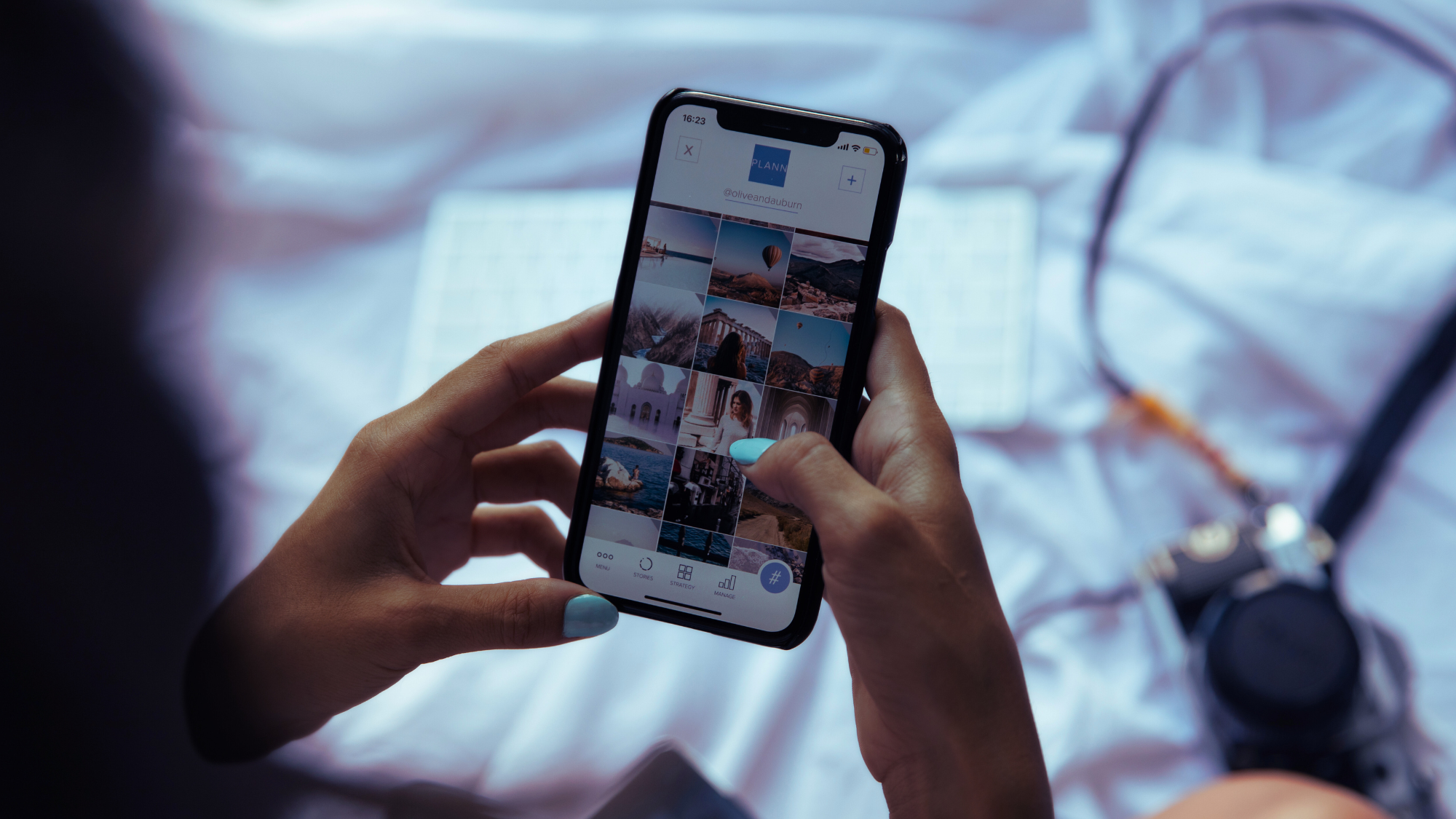
As a plus-size girl, I’ve always had a soft spot for products that promise quick results. I know it’s not the most realistic expectation, but sometimes, you just want results as fast as Mr Flash.
I still remember 2020 when I spent almost the entire year saving up to buy a weight-loss product a popular Nigerian influencer swore by. According to her, it was the secret behind her snatched waist, toned arms, and perfectly rounded bum. The day my package arrived, I was over the moon. I couldn’t wait for my “magical transformation” to begin.
But three months in? Nothing. No snatched waist. No tone anything. I was working out, eating clean, doing everything right, yet I wasn’t seeing the glow-up I was promised. And it hit me, how many other Nigerians had fallen for the same thing? How many of us were just chasing influencer dreams that weren’t even real?
Honestly, I’ve reached a breaking point. Every scroll, every swipe, every story feels like one long sales pitch disguised as authenticity. Audiences, who used to hang on every word from their favourite influencers, are getting tired. The glossy “get ready with me” clips, the emotional breakup videos, even the “raw and real” morning routines, they all look the same now. And worse? They all feel like ads.
A 2025 Business of Fashion and McKinsey survey found that 68% of shoppers have gotten frustrated by the high volume of sponsored content on social media platforms
Influence fatigue is here, and it’s hitting Nigeria’s digital space hard. The more influencers try to “connect,” the more disconnected their followers are becoming. But the question is, how did we get here, and what does this mean for the future of digital influence?
When Authenticity Becomes Performance
In the early days of Nigerian influencer marketing, the formula worked beautifully. A few shoutouts, some lifestyle shots, and a dash of relatability, and then boom, engagement! But over time, that “realness” started to look like an act.
Today, influencers are under constant pressure to monetise every moment. Every trip, breakup, or outfit change has a potential brand tie-in. Even “unboxing” gifts from brands or “just showing what I use daily” has become part of a monetisation pipeline.
@coldestjoel Have we had enough of influencer culture? #marketing #tiktokban #socialmediamarketing #influencermarketing #influencersinthewild ♬ original sound – Joel Marlinarson
Audiences, though, aren’t fooled. They can sense when someone’s being genuine and when they’re performing authenticity for clicks. What used to feel like friendly recommendations now reads like strategy.
And here’s the thing: people don’t want to be sold to 24/7. Especially not when it’s disguised as friendship.
READ ALSO: Why Everyone You Know Is Crocheting, Journaling, or Thrifting
The Nigerian Context: Same Templates, Different Faces
Nigeria’s influencer space has exploded, but it has also become predictable.
There’s the fashion influencer with the perfect aesthetic, the skincare guru with flawless skin, the travel vlogger doing brand-funded “staycations,” and the lifestyle creator who always “just discovered” a new perfume or coffee brand.
The problem? Everyone’s content looks and sounds the same.
Scroll through TikTok or Instagram, and you’ll see identical transitions, voiceovers, and captions, all tailored to fit whatever brand deal is trending that week. The individuality that once made influencers magnetic has been replaced by repetition.
This template culture is one major driver of influence fatigue. When audiences can predict what you’re going to say before you say it, you’ve already lost their attention.
Trust Deficit: From Belief to Scepticism
Influencers once shaped purchasing behaviour because they were seen as relatable experts. But as brand partnerships grew, so did the perception that everything is for sale.
Today, when an influencer posts about a product, Nigerian audiences are more likely to ask, “Did they really use it?” or “How much were they paid?” than “Where can I buy it?”
This erosion of trust is compounded by a lack of transparency. Many influencers fail to disclose paid partnerships, blurring the line between genuine endorsement and paid promotion. The result? A weary audience that second-guesses everything.

